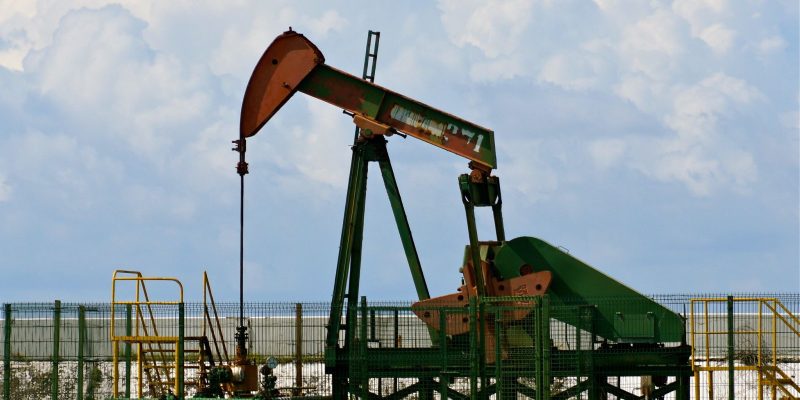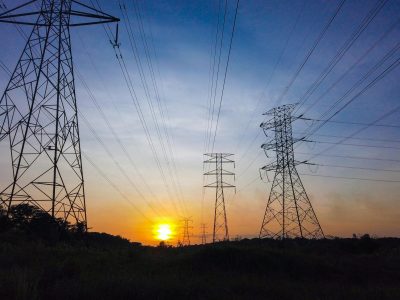
Five years after its launch, the Dos Bocas refinery, advertised as Mexico’s largest oil refinery, remains unfinished.
The long-delayed project plans were intended to be the first step toward implementing Mexico’s self-sufficient energy program under a new government.
A report published by El Financiero shows that this lofty vision of the former president has turned out to be a symbol of the project’s failure, since it has been halted halfway through, and production costs have increased by more than double the amount originally predicted, totalling more than $20 billion.
Meanwhile, due to the project’s persistent slowness, the threat of newly sworn-in US President Donald Trump slapping taxes on Mexican oil imports calls the industry’s future into question.
The inception of the Dos Bocas project
During a news conference in 2019, former Energy Minister Rocío Nahle praised the Dos Bocas refinery as a symbol of Mexico’s progress towards comprehensive energy self-sufficiency.
She was not only reusing the plans from a previously aborted refinery project but also offering a fixed overall budget of $8 billion, making Nahle’s offer an excellent value for the public and industry parties.
The refinery was expected to be operational within three years, however, in retrospect, this appears to be an extremely optimistic estimate.
The truth about the billions spent
Currently, the situation is quite different from what was originally said.
It has been more than five years since the opening event, and the Dos Bocas project is still not completed.
The quantity of budget overages has been remarkable, with the most recent overall cost estimates indicating that the project exceeds $20 billion.
This makes Dos Bocas one of the most expensive infrastructure projects in history, calling into question the administration’s transparency and effectiveness.
The criticism of the project has increasingly become the voice of the people, with the main causes being poor management, ineffective bureaucracy, and the opaqueness with which the entire program has been carried out.
The ideas to save taxes on the project were substituted with expenses, causing unrest in society due to the larger outlay and poor progress.
Spectators argue that the project’s failure, which was ambitious from the start, was primarily due to poor planning and control.
The impact of Trump’s tariff threats
Donald Trump’s warnings against Mexican oil imports have added to the problems caused by the crippling Dos Bocas plant.
In an unexpected remark, Trump stated that the US would put a 25% tax on Mexican oil imports beginning February 1.
This proposed act not only heightens the urgency of the situation by requiring the refinery to be completed as soon as possible so that the country may produce oil independently, but it also poses a significant barrier to Mexico’s attempts to feed its local market.
Such tariffs would almost certainly put pressure on Mexico’s economy, which is primarily oil-based and relies on revenue from oil sales to pay for government services and programs.
The Mexican government may face a new situation in which fuel costs rise much further.
The completion of the Two Bocas project is under increased pressure not only because it is necessary, but also because it is the only option to avoid an economic crisis as a result of Trump’s actions.
The future of the refinery and the energy sector in Mexico
The Dos Bocas refinery’s delayed completion raises questions about former president López Obrador’s overall energy policy approach and the ability of new president Claudia Sheimbaum to correct its failures.
The scheme, which relied on governmental control and the usage of fossil fuels, is now in jeopardy.
While the state is under pressure to rethink its old tactics, some international and domestic entities are advocating for a shift away from crude oil dependence.
While the final decision on Trump’s oil import taxes is being made, there is universal consensus that the moment has come for Mexico to move forward with the Dos Bocas project.
Furthermore, the demand for sustainable energy implementation, the need for technology updates, and the importance of international cooperation all contribute to the urgency of this endeavour.
The country is currently in such a precarious position that the oil industry must take the biggest risks.
A crossroads for Mexico’s oil industry
With the Dos Bocas refinery still unfinished and new economic risks looming, Mexico finds itself at a critical juncture.
The result of this expensive project remains uncertain, while President Trump’s tariffs may disrupt Mexico’s energy independence paradigm.
One thing is certain: if Mexico is to execute the project successfully, it must first make proper and timely decisions, and then adequately prepare to ensure its success.
The post Mexico’s energy push: is Dos Bocas refinery a failed dream under Trump’s shadow? appeared first on Invezz









